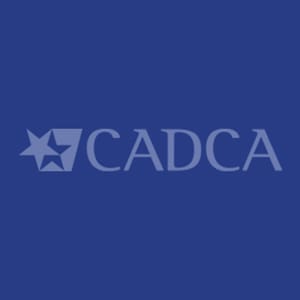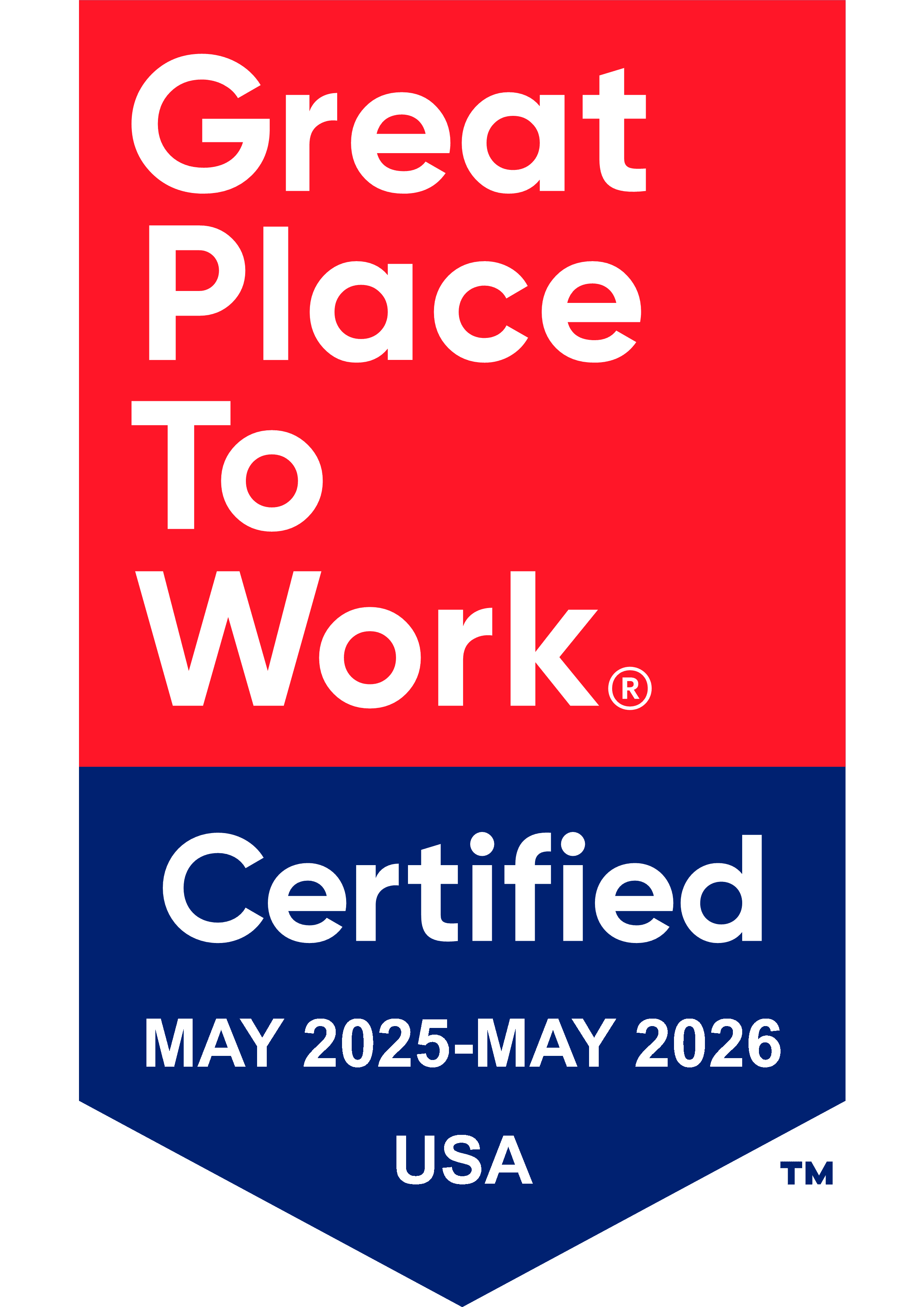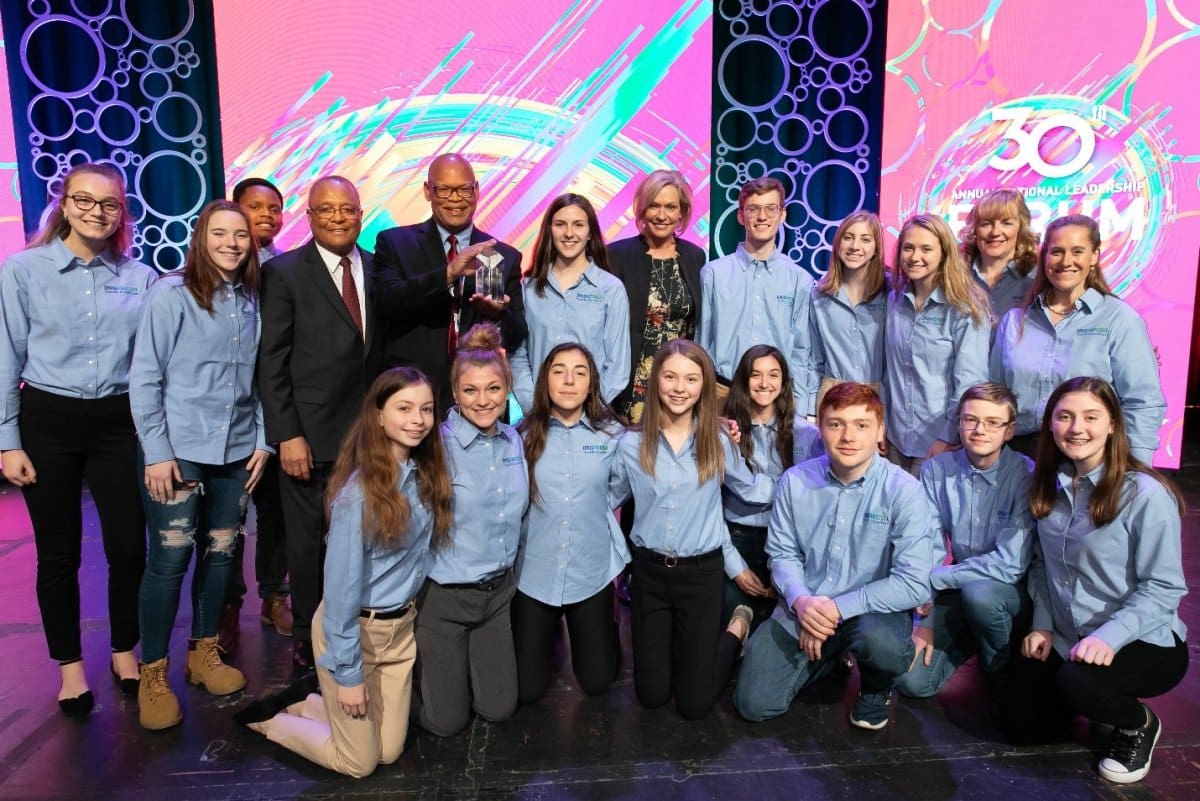
At CADCA’s 30th Annual National Leadership Forum in February 2020, the Drug Free Cecil Youth Coalition (DFCYC) received the Dose of Prevention Award for their work preventing over-the-counter medicine misuse. We asked Coalition Coordinator and Prevention Services Supervisor Virgil Boysaw, Jr. to write the following post, updating us on the coalition’s continued work to prevent medicine misuse during the COVID-19 pandemic:
Following the Dose of Prevention Award win, our youth coalition immediately began planning for the next over-the-counter (OTC) medicine misuse prevention project with all the fifth graders in Cecil County Public Schools. The DFCYC OTC High School Trainers were going to conduct the presentations within their respective elementary schools. However, the COVID-19 pandemic forced all the schools to shut down in March 2020 and transition to a virtual learning environment.
COVID-19 has immensely impacted Cecil County. Prescription drug misuse and overdose rates, and drug overdose deaths, have increased throughout the county. According to an article in the August 2020 Cecil Whig, our local newspaper, it was reported that:
“14 people in our county died from drug overdoses in May, making it the deadliest month here since we started keeping records in January 2017. The 14 people who lost their lives to drug overdoses in May are included in the total of 31 people killed by ODs in Cecil County since March 5, when Gov. Larry Hogan issued the first of his many emergency health orders to prevent the spread of the coronavirus… overall, since the start of 2020 some five month ago, drug overdoses have killed 41 people in Cecil County. There have been 180 non-fatal drug overdoses in Cecil County during that same time period, at least 45 of which that occurred since March 5.”
As far as over-the-counter use, the challenge is to have data that is intentionally collected to track OTC regularly. There is a need to raise awareness to how OTC is a gateway to prescription misuse. Winning the Dose of Prevention award invigorated our coalition to continue the work of reminding youth about the dangers of OTC medicine misuse.
During the pandemic, there has been a challenge in continuing our coalition’s work. However, we were able to overcome the major challenge of keeping our youth engaged in the prevention cause. First, although all of our Drug Free Cecil High School prevention clubs shut down in all six of our county high schools, we still maintained a community-based prevention club that is located in our coalition’s youth-serving agency (Youth Empowerment Source, Inc.). This group of twenty strong youth leaders serves as representatives from each of the six high schools, and they are responsible for driving the prevention message in their respective schools and surrounding communities. This is our school district’s approach to covering the entire Cecil County area.
Since COVID-19, the DFCYC has continued to meet every week, working on several crucial activities. They have continued to develop PSA’s and billboards in Spanish and conducted “Lunch and Learn” Zoom meetings with a new guest each week. The guests include CADCA’s youth trainers, County School Superintendent Dr. Jeffrey A. Lawson, and local faith-based representatives, just to name a few. They have also participated in the county food distribution campaign by distributing Deterra drug deactivation pouches to families by placing a pouch in each food bag. Additionally, they have been working to expand social media outreach through additional platforms including TikTok, YouTube, Twitter and Facebook. Due to the social media expansion, the DFCYC has raised funds to hire a social media director to track reach and raise awareness of the prevention message. We also now have a DFC Prevention Studio to record and develop public serve messages, the latest being the youth involvement in the “Mask on Maryland Campaign.”
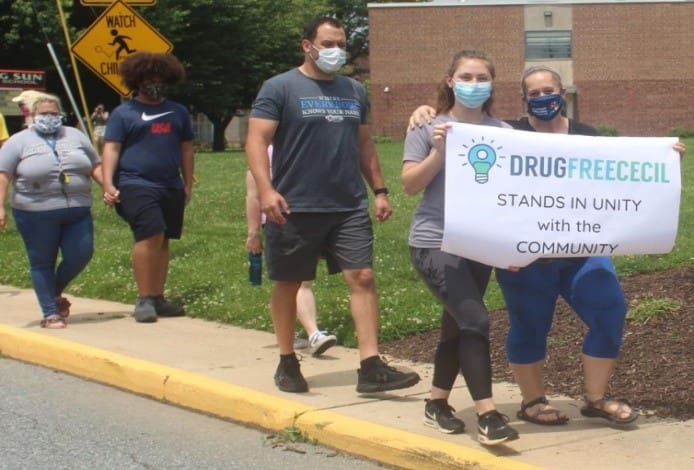
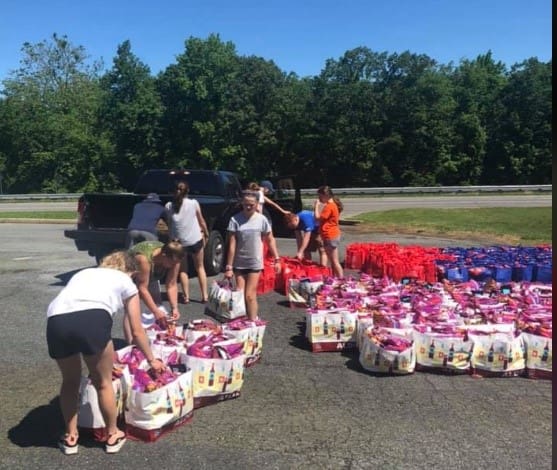
These activities will continue even as our students begin the upcoming school year through online learning, as they are not dependent on schools being open. With our new partner the Tobacco Task Force, which is facing the same challenges, we are confident that we can leverage our resources and contacts to include the in-school prevention club in the community-based activities we are working on.
To other coalitions working in this environment, I would say that every effort should begin with your vision and mission. It appears that many coalitions today use the term “know your why.” At DFCYC, we believe your ‘why’ is your vision. The vision must be clear, and coalition members must be able to see it in existence before any work begins. Second, a coalition must have the right people at the table. Every coalition is different and unique, and as long as we are dealing with various agencies and individuals, the challenges of getting everyone on the same page are staggering. Third, and importantly, every coalition must find its “sweet spot” within the prevention field. Drug Free Cecil Coalition’s “sweet spots” are youth, youth-serving agencies and schools. The pattern here is that each sector involves youth, and youth is our coalition’s focus. Increasing collaborations is vital to engaging our youth and reducing substance misuse. Finally, the coalition must have a prevention champion. This means having someone that lives and breathes prevention, understands and advocates for prevention to have a place at the table, and has a vision for prevention as a discipline.
Prevention Specialists are accustomed to challenges and adjustments. We are the MacGyver’s of the substance misuse continuum of care. We will continue to utilize the prevention tools that include evidence-based strategies (CSAP and behavioral/environmental), the Strategic Prevention Framework, evidence-based programs and the coalition model. We will continue to rely of our national prevention leaders, particularly CADCA, to both advocate and train the prevention field. With these strategies as our guide, COVID-19 will pass and prevention will survive, but we must keep our wits and stay the course.
Therefore, the work of OTC medicine misuse prevention will go on as well. Our coalition is already preparing for this year’s OTC campaign. We can’t promise the huge numbers that were produced last year (serving 1100 sixth graders with prevention programming), but we can promise that we will do something. Isn’t that what prevention is all about?
